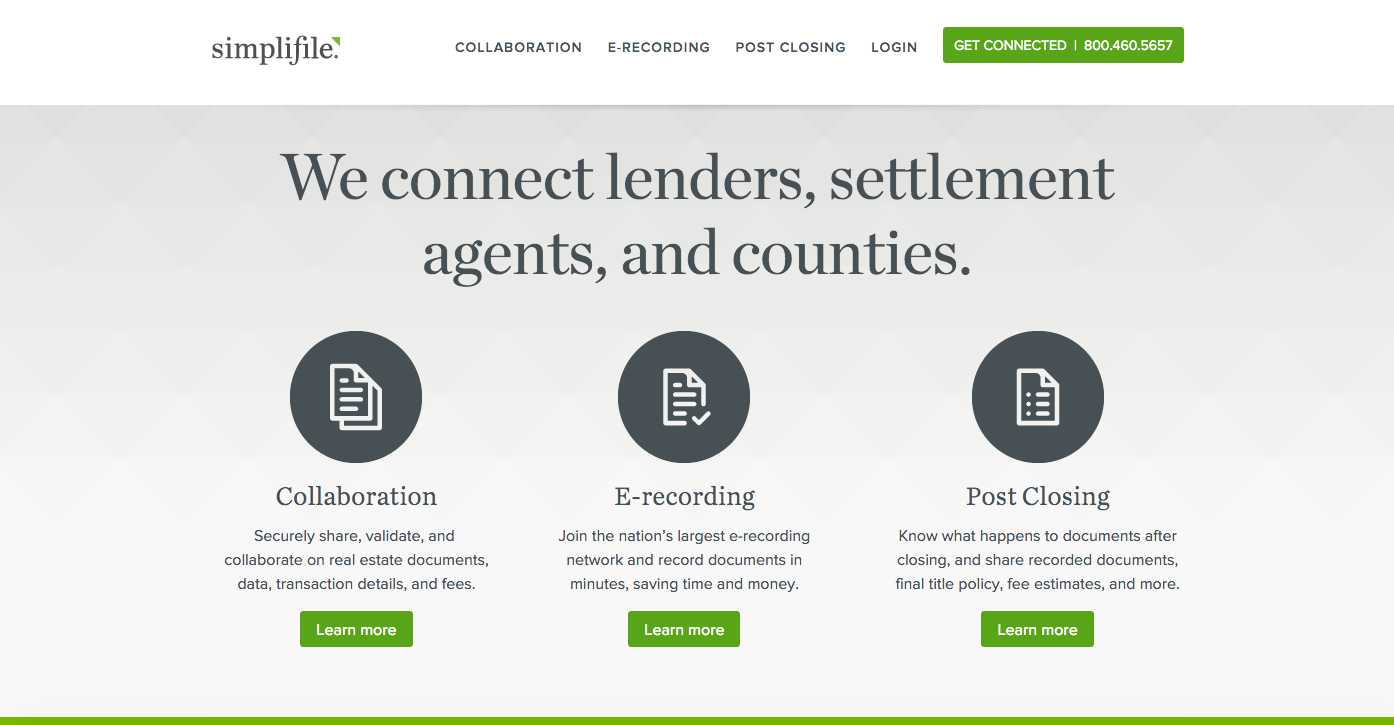Pennsylvania notary publics can add eNotary to their list of credentials.
From the Dept. of State:
The Electronic Notarization Initiative was established on January 30, 2006, to enhance economic development in Pennsylvania, and was the first of its kind in the nation. e-Notarization allows qualified Pennsylvania notaries public to perform notarizations electronically, in compliance with provisions of the amended Notary Public Law and the Uniform Electronic Transactions Act.
There is no cost to apply for an eNotary Commission. The application is provided below for reference. Once approved the notary will have to appear at their county recorders office and present a copy of their approval letter.
To perform an e-notarization, an account with an electronic solution provider such as Corporation Service Company (formally Ingeo) or Simplifile is required. These companies primarily service law firms and title insurance companies who file documents such as deeds and mortgages electronically. The cost of an account with these companies vary but average between $200 – $400 per year.
Once an account is established, [Tweet “An e-notarization must take on the same procedures as a standard pen and paper notarization.”] An eNotary must have a signer appear, verify their identity and sign the notary’s journal. The only thing that is done differently is that the Notary’s electronic seal also called a digital signature is affixed to the document. The document is then submitted electronically.
The Dept. of State has issued a frequently asked questions bulletin to address questions regarding how the program works. Below is one of the most important highlights:
You must take into consideration whether your notary practice includes the opportunity to notarize documents which will be electronically filed with an entity which is capable of receiving and recording such documents. In the first year of Phase I of the Electronic Notarization Initiative, four participating county recorders of deeds were able to accept electronic documents for recording. In subsequent years of the Electronic Notarization Program, more counties continue to add electronic recording technology. You must also determine whether you and/or your employer have the hardware and necessary software to create, authorize, validate and distribute documents electronically. Approved electronic notarization solutions each have different processes, costs and business purposes. They may be designed for e-recording, contracting or use in the financial services sector. A notary should carefully review each solution to choose the best one(s) for the notary’s practice.
Below is a copy of the bulletin for your reference.
To learn more sign up for The Pennsylvania Notary Course


